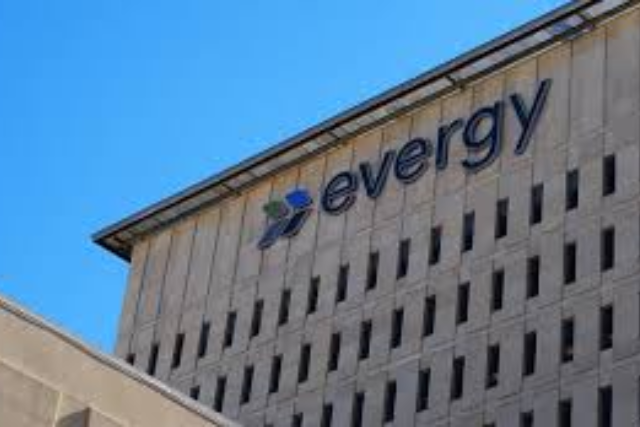
KANSAS CITY, Mo — Missouri regulators have cleared the way for Evergy Missouri West to move forward with the construction of multiple new electric generation facilities — a decision that comes with a hefty price tag for customers across the region.

The Missouri Public Service Commission (PSC) announced on Wednesday, July 31, that it had officially granted regulatory approval for Evergy’s plans to build three new natural gas-fired power plants and two large solar energy projects in Missouri and Kansas.
Under the approved plan, Evergy will now begin building the Viola Generating Station in Sumner County, Kansas; the McNew Generating Station in Reno County, Kansas; and the Mullin Creek Generating Station in Nodaway County, Missouri. The green light also covers two solar projects — the Sky Solar Project in Wilson County, Kansas, and the Foxtrot Solar Energy Project in Jasper County, Missouri.
“Evergy is pleased the commission approved the agreement that had been reached and allows us to proceed with development of solar and natural gas plants that will serve our Missouri West customers,” a company spokesperson told KCTV5 after the decision. “When planning new generation, Evergy focuses on providing reliable energy sources that meet customers’ needs at the lowest cost. Solar plants have their highest output during peak energy times and natural gas plants can be controlled so energy is available when customers need it.”
However, the approval comes with major controversy over who will foot the bill for the new facilities. Consumer and environmental advocates argue that under recent state law, ratepayers — not the utility or shareholders — will shoulder the $2.4 billion total cost of construction through higher utility rates over time.
In March, Missouri lawmakers passed Senate Bill 4, which takes effect August 28. The legislation makes it easier for utilities like Evergy to build new energy infrastructure upfront and recoup the costs directly from customers through rate increases instead of absorbing the initial investment themselves.
Critics, including the Sierra Club, warn this shift could burden households with long-term costs for plants that may not deliver the promised benefits, especially given the risks tied to natural gas generation as markets and policies continue to shift toward renewable energy and storage solutions.
“If Evergy’s application is approved as submitted, Missouri ratepayers will be on the hook for gas plants that are likely to be unprofitable, operate less than expected, and incur high maintenance costs or even premature failure due to excessive generator starts and cycling,” said Michael Goggin, Vice President at Grid Strategies LLC.
The PSC’s approval aligns Missouri with Kansas, where the Kansas Corporation Commission signed off on Evergy’s plans earlier in July. Together, the twin approvals position Evergy to push ahead with its generation strategy — a mix of controllable gas plants and large-scale solar that the utility says will ensure reliability and meet peak demand, even as energy needs fluctuate across its two-state footprint.
Despite the utility’s assurances about balancing reliability and cost, some community advocates argue the plan shifts too much financial risk onto working families already feeling the pinch of rising utility bills.
Supporters of the new plants point out that natural gas remains a critical part of the region’s energy mix, especially during extreme weather events when wind or solar output alone can’t meet demand. Evergy has said the new plants will help avoid blackouts and reduce dependency on out-of-state power purchases that can spike during peak times.
For now, Evergy customers in Missouri can expect rate adjustments to begin once construction is underway and major capital costs come online — which could take shape over several years as the new facilities are built and connected to the grid.
Meanwhile, energy watchdogs say they will keep pushing for more investment in renewable generation and grid modernization as more households, businesses, and local governments push to cut carbon emissions and expand affordable clean power.
Originally reported by Sarah Motter in KCTV 5.